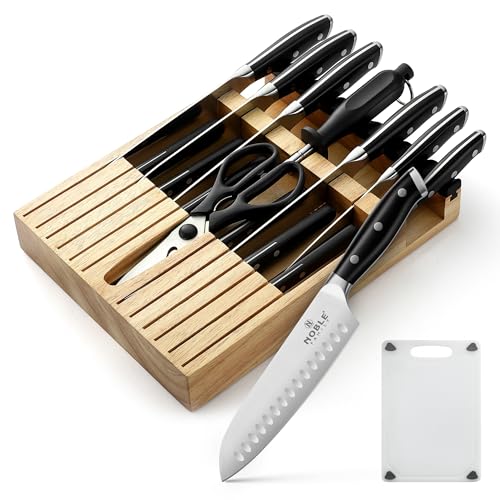Odissea/1978
Active Member
Hi, today I polished my first Japanese knife and I was able to appreciate after an hour of work that it actually rusts while it is being worked  can anyone tell me what is the green liquid that you see in the videos of Japanese craftsmen? I know it's an anti-rust liquid but I don't know exactly which one.
can anyone tell me what is the green liquid that you see in the videos of Japanese craftsmen? I know it's an anti-rust liquid but I don't know exactly which one.
Thanks!
https://www.youtube.com/live/_ZbXOvt6WtA?feature=share
Thanks!
https://www.youtube.com/live/_ZbXOvt6WtA?feature=share
























